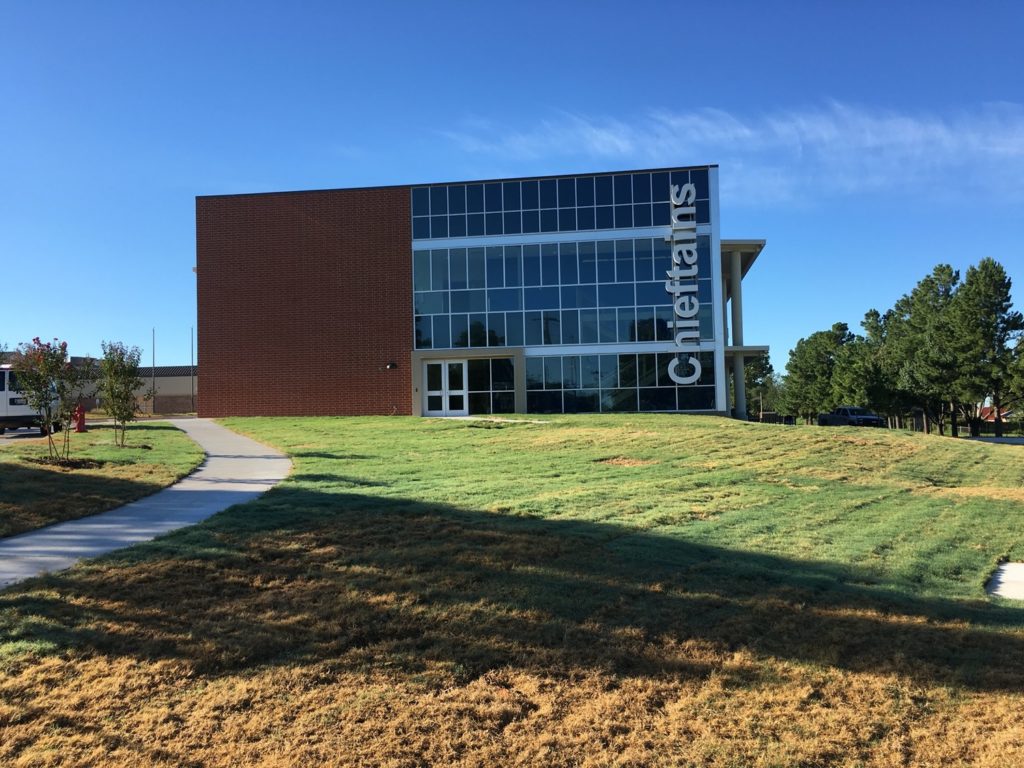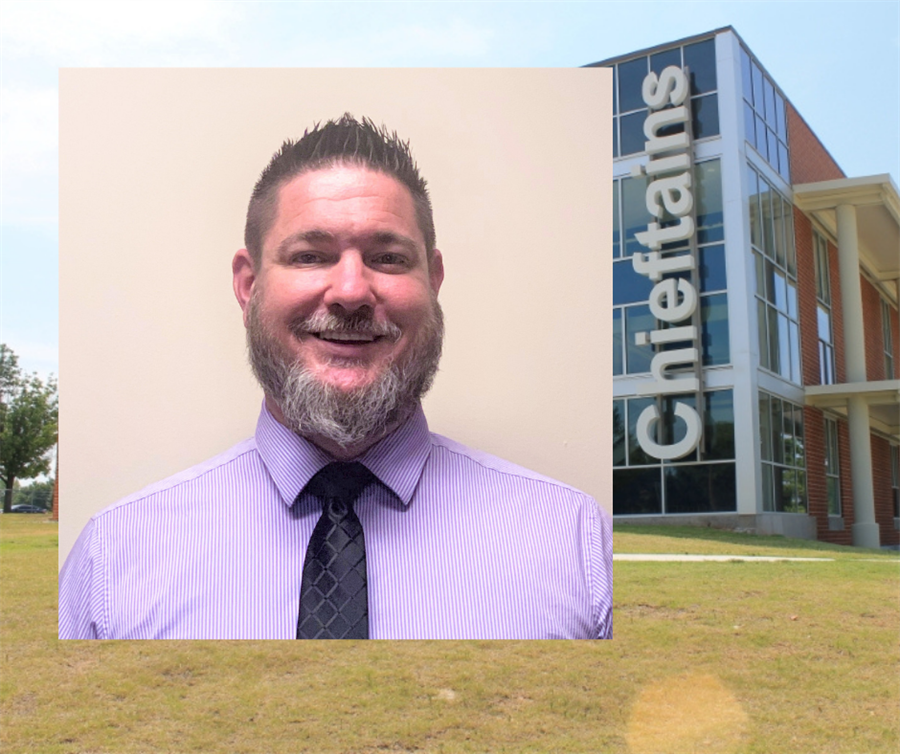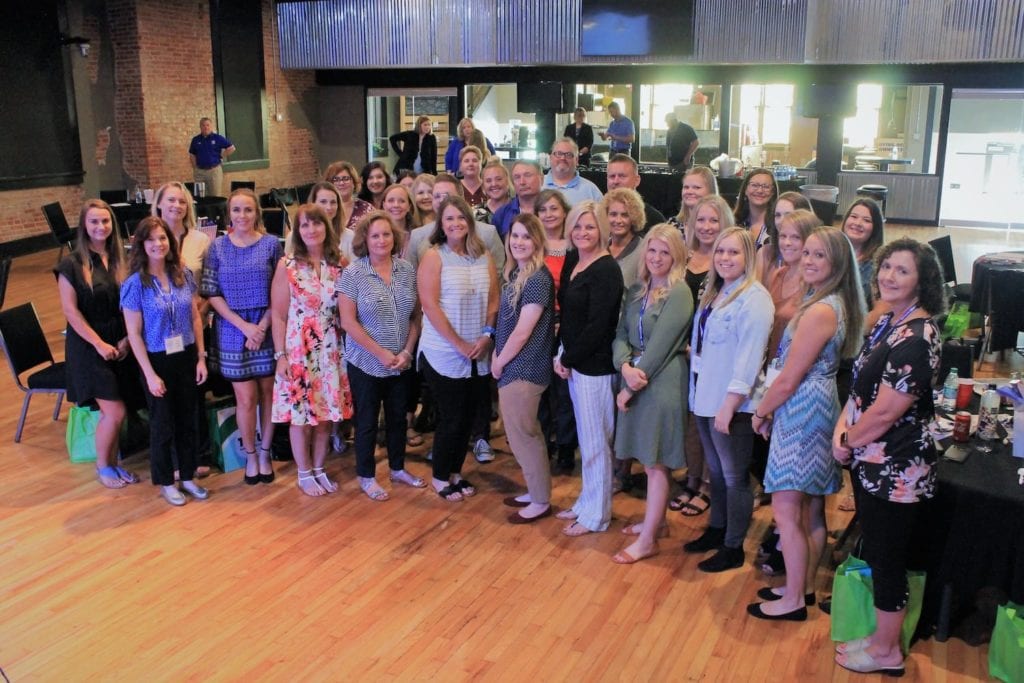Middle School
Sapulpa Middle School evacuated Wednesday morning after smoking outlet causes alarm
March 12, 2025
"Upon investigation, it was determined that smoke was contained to an electrical outlet. Our maintenance staff quickly addressed the issue and cut power to the affected outlet."
SPS names new Middle School principal
May 16, 2022
Mr. Carter will start his duties in the summer and welcome students in the fall of 2022.
Meet Sapulpa’s newest teachers from each school
August 13, 2019
See all the new teachers for the 2019-2020 school year and where they'll be teaching.




